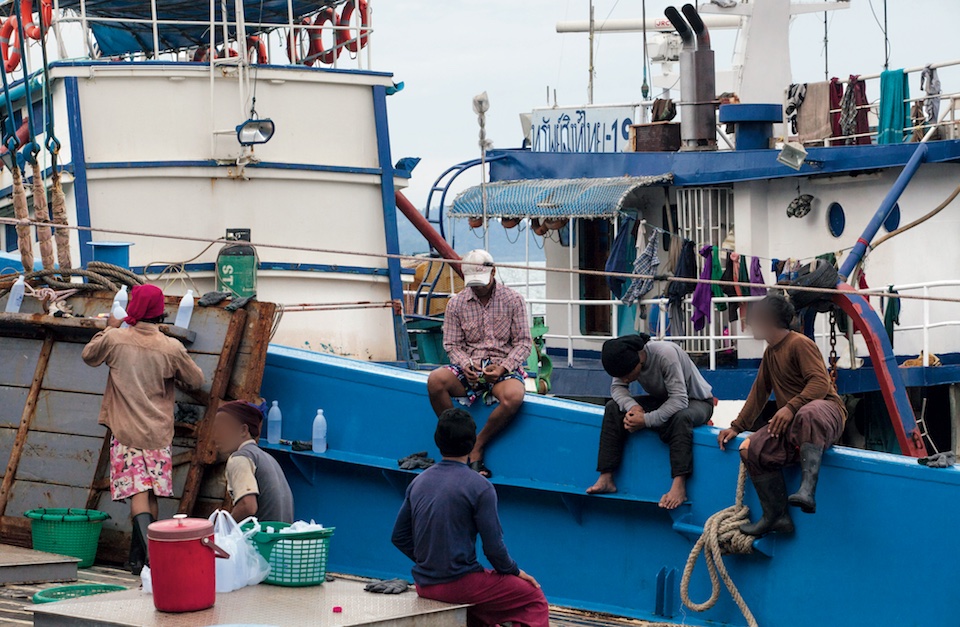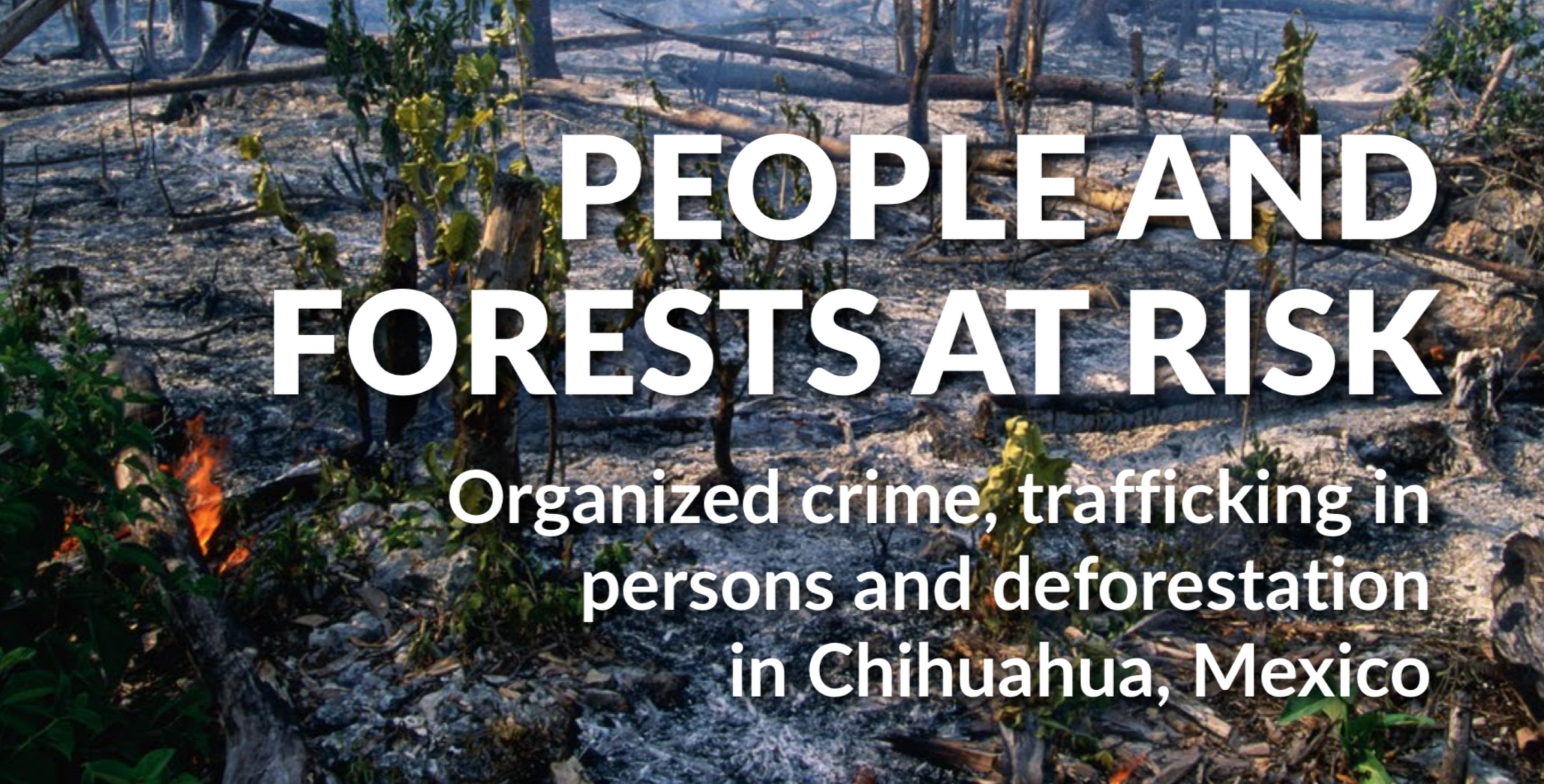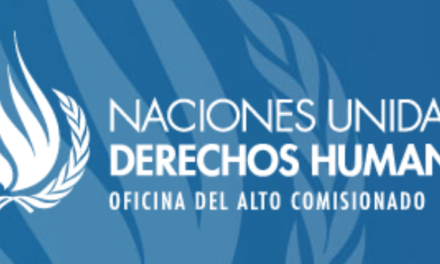Despite the name, organized crime in fisheries is not only about fishing. While illegal fishing is a serious problem across many regions of the world, organized crime in the fisheries sector extends much farther. It occurs globally throughout the entire fisheries value chain: on-shore, at-sea, at the coastal interface and in cyberspace. Regardless of where it occurs or how it happens, its harmful effects take a massive toll on human populations worldwide.
Organized crime in the fisheries sector can take various forms including drug and human trafficking, fraudulent catch documentation, money laundering and corruption — crimes that have potentially dire humanitarian implications. These crimes are profit-driven, diverting government revenue to the shadow blue economy at the expense of coastal communities and the pursuit of key sustainable development goals such as zero hunger, zero poverty, and peace, justice and strong institutions. These crimes can also directly endanger those who are exploited in their perpetration.
People in many coastal nations, particularly developing countries, depend on the fisheries sector for food and jobs. Large ocean nations are particularly vulnerable to disruptions in the sector, as recently exposed by the impacts of COVID-19. Criminal networks operating in the fisheries sector exacerbate the economic dislocation of local coastal communities, threaten already tenuous food security and divert much-needed state revenue. But there is hope: effectively tackling organized crime in fisheries will help foster a sustainable ocean economy which, in turn, will benefit communities reliant on the ocean and its resources.


























